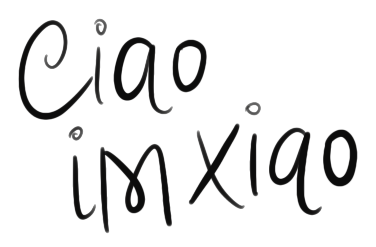
January 19, 2020
The Subtle Art of Not Giving a F*ck - Mark MansonSaying no is always difficult to do. I am getting better in a professional context, but there is still room for improvement. Saying no also leaves me with more immediate discomfort than the alternatives of leaving my options open or stretching myself thin in order to offer a hand in assistance to someone else. This book hits on just that. It is very difficult to live a happy, fulfilling, and successful life if we continue to entertain everything that comes our way. Instead, prioritizing what is most important and most resonant to our core values is the key to self-improvement.
'[Choose] better things to give a fuck about. Because when you give better fucks, you get better problems. And when you get better problems, you get a better life.' The idea that people are often reluctant to commit and more prone to keeping options open reminded me of the study covered in Dan Ariely's 'Predictably Irrational' where participants sacrificed time and effort to keep multiple doors open in an experiment when they weren't confident which door gave them the highest cash value. Having more options available is often associated with more security, abundance, and positive outlook; however, the trade-off is a loss of focus and direction. Living a life giving too many fucks is living superficially, and sadly, just awful for our mental health. Study here:
Keeping Doors Open - ExperimentManson's five counterintuitive that he believes are beneficial to adopt are as follows:
- Responsibility: Take responsibility for everything that occurs in your life, regardless of who's at fault
- Uncertainty: Acknowledge your own ignorance and cultivate constant doubt in your own beliefs
- Failure: Discover your own flaws and mistakes so that they may be improved upon
- Rejection: Be able to both say and hear no, thus clearly define what you will and will not accept in your life
- Mortality: Pay vigilant attention to your own death and comtemplate your own mortality. This keeps other values in proper perspective
One other key takeaway for me is that happiness comes from solving problems. Our lives are full of problems, solving one leads to the creation of more. Not all problems are bad problems either. In fact, our positive experiences will continuously define what our problems are. The person we marry will be the person we fight with. The house we buy will be the house we must repair. Thus, ultimate happiness is not a single, permanent, attainable state of being. It is constantly evolving. For our lives then, instead of asking 'What do you want out of life? What do you want to enjoy?', ask yourself 'What pain do you want to sustain?'. What struggles do you choose?



